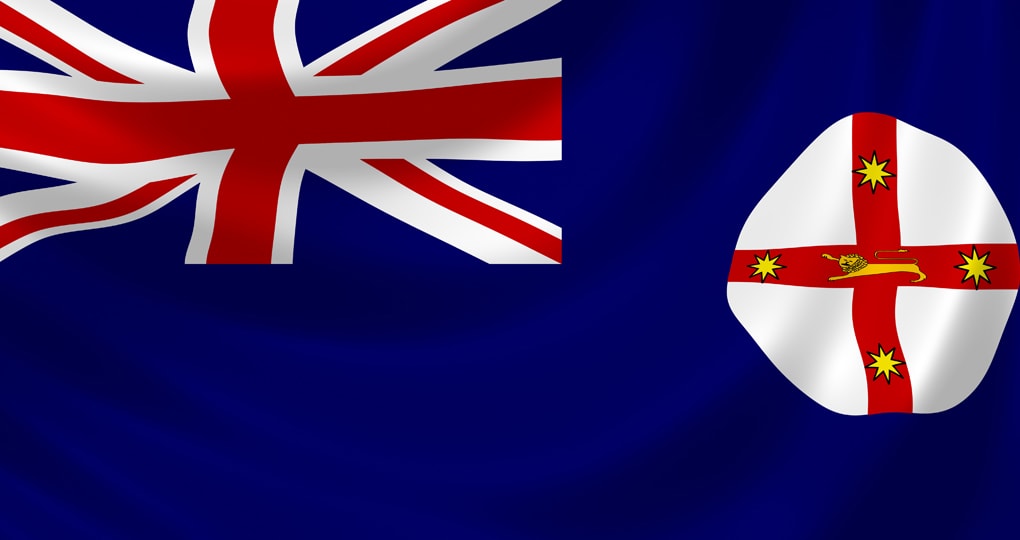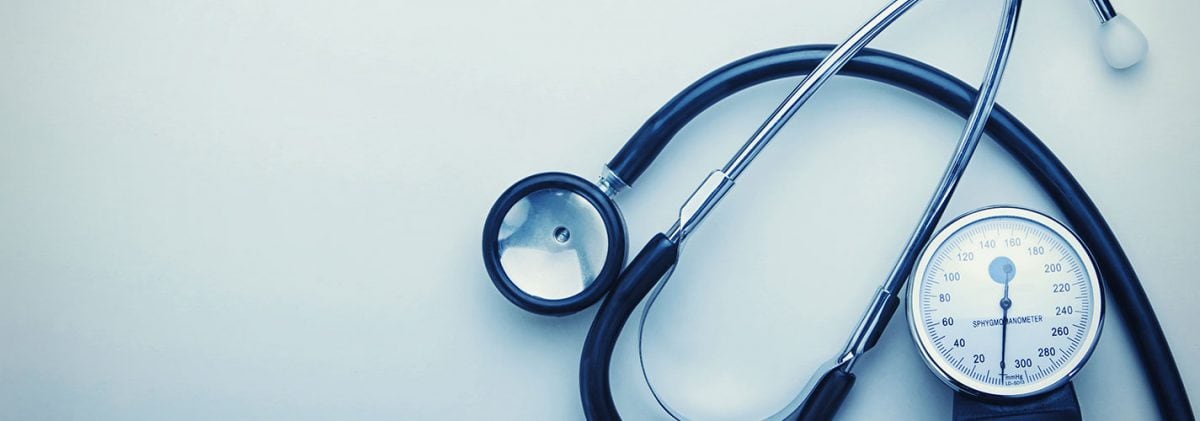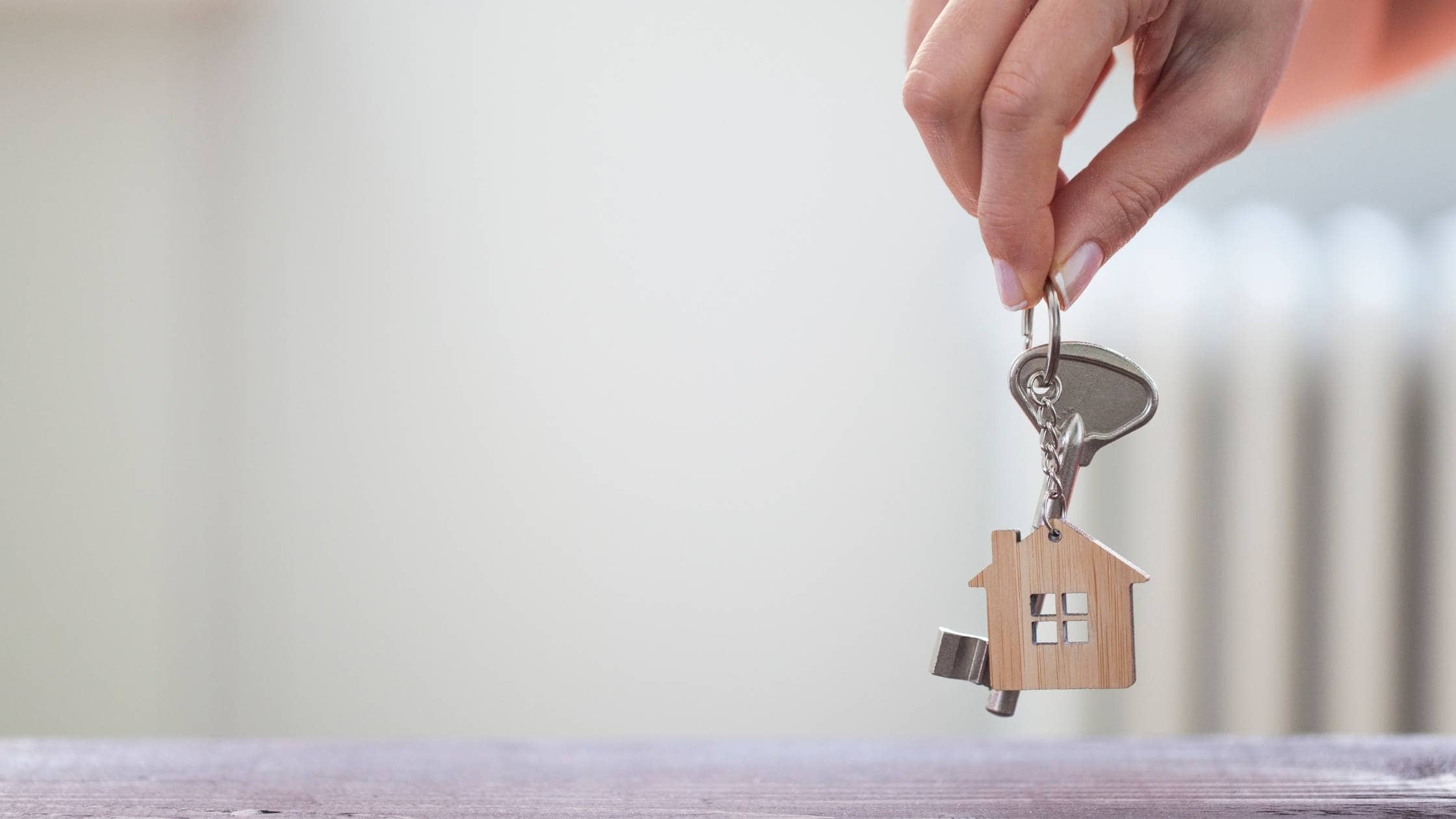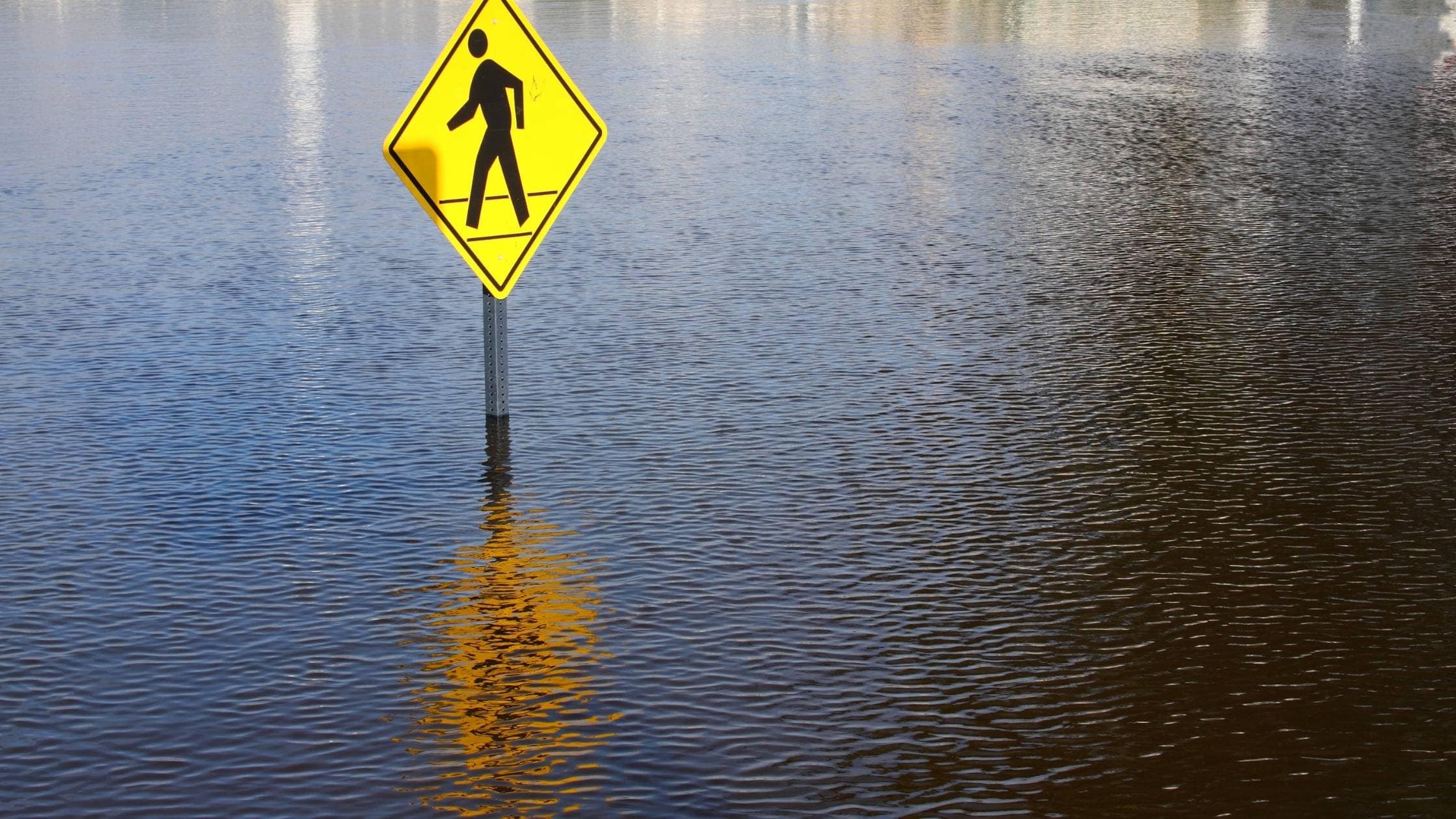Extra $41M Boost for SMEs to Reduce Energy Bills
The grant opportunity provides eligible small and medium businesses up to $25,000 to purchase energy-efficient equipment to reduce and manage energy usage and costs.
- NSW applications open Monday 26 February 2024 12.00pm AEDT
Overview
The Energy Efficiency Grants for Small and Medium-Sized Enterprises Round 2 will support businesses to upgrade or replace inefficient equipment to improve their energy efficiency. These upgrades will enable industries to reduce their energy use, manage energy cost volatility in the long term and contribute to Australia’s target of a 43% reduction in 2005 emission levels by 2030.
The objectives of the program are:
- improve energy efficiency practices and increase the uptake of energy-efficient technologies
- assist small and medium businesses to manage their energy usage and costs
- reduce greenhouse gas emissions.
The intended outcomes of the program are:
- increase awareness of energy efficiency opportunities and help businesses to save energy
- reduced power bills for small and medium businesses
- emissions abatement to contribute to Australia reducing its emissions to 43% below 2005 levels by 2030.
Check if you can apply
The eligibility criteria are a set of rules that describe who we can consider for this grant. You can apply if you:
- are an eligible entity
- have an eligible project
- have eligible expenditure.
The rules are in the grant opportunity guidelines.
Projects cannot be funded if you received any grant funding in the Energy Efficiency Grants for Small and Medium-Sized Enterprises Round 1 program.
You can only receive one Energy Efficiency Grant for Small and Medium Sized Enterprises Round 2 grant per applicant (as determined by your ABN).








